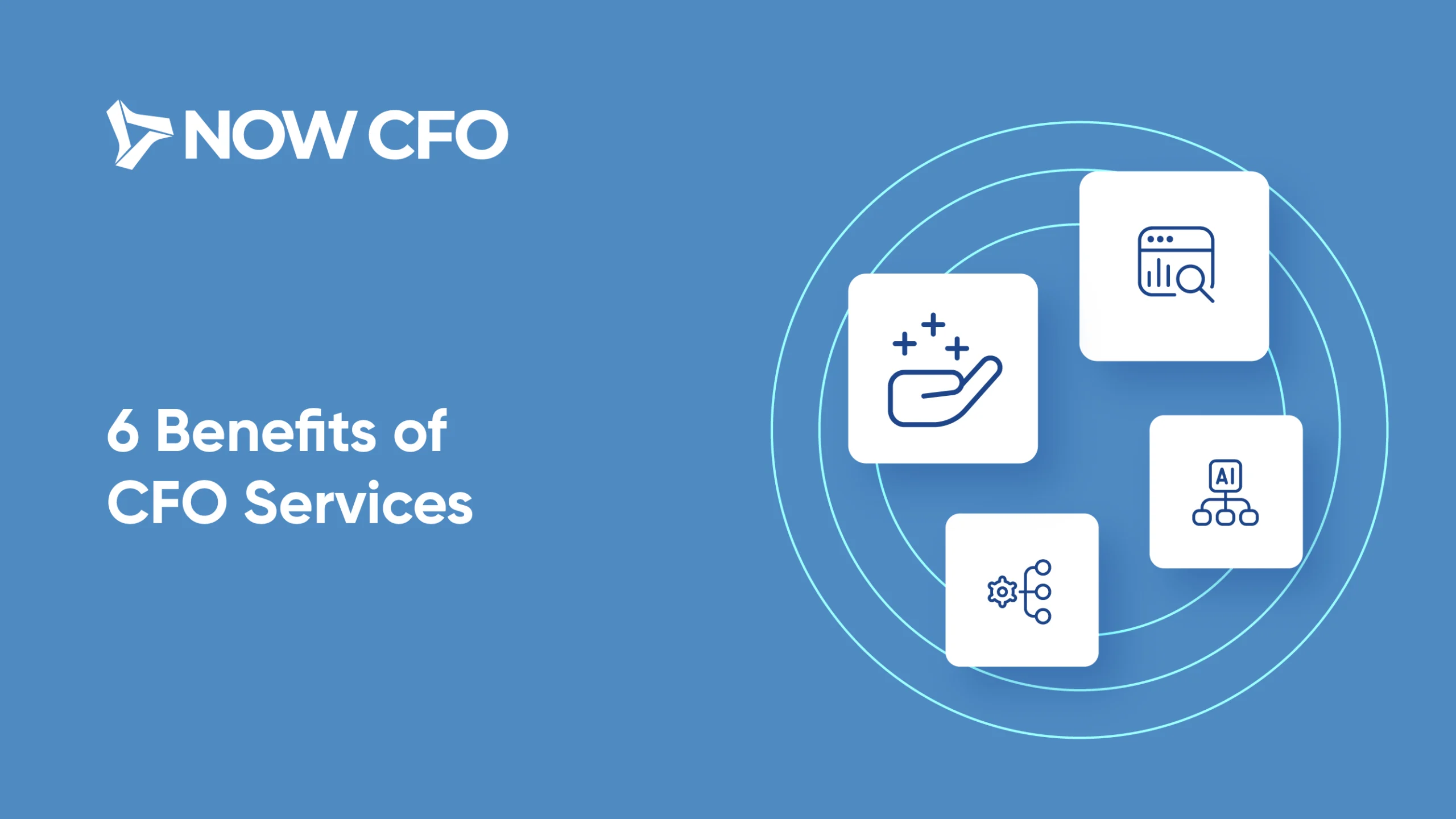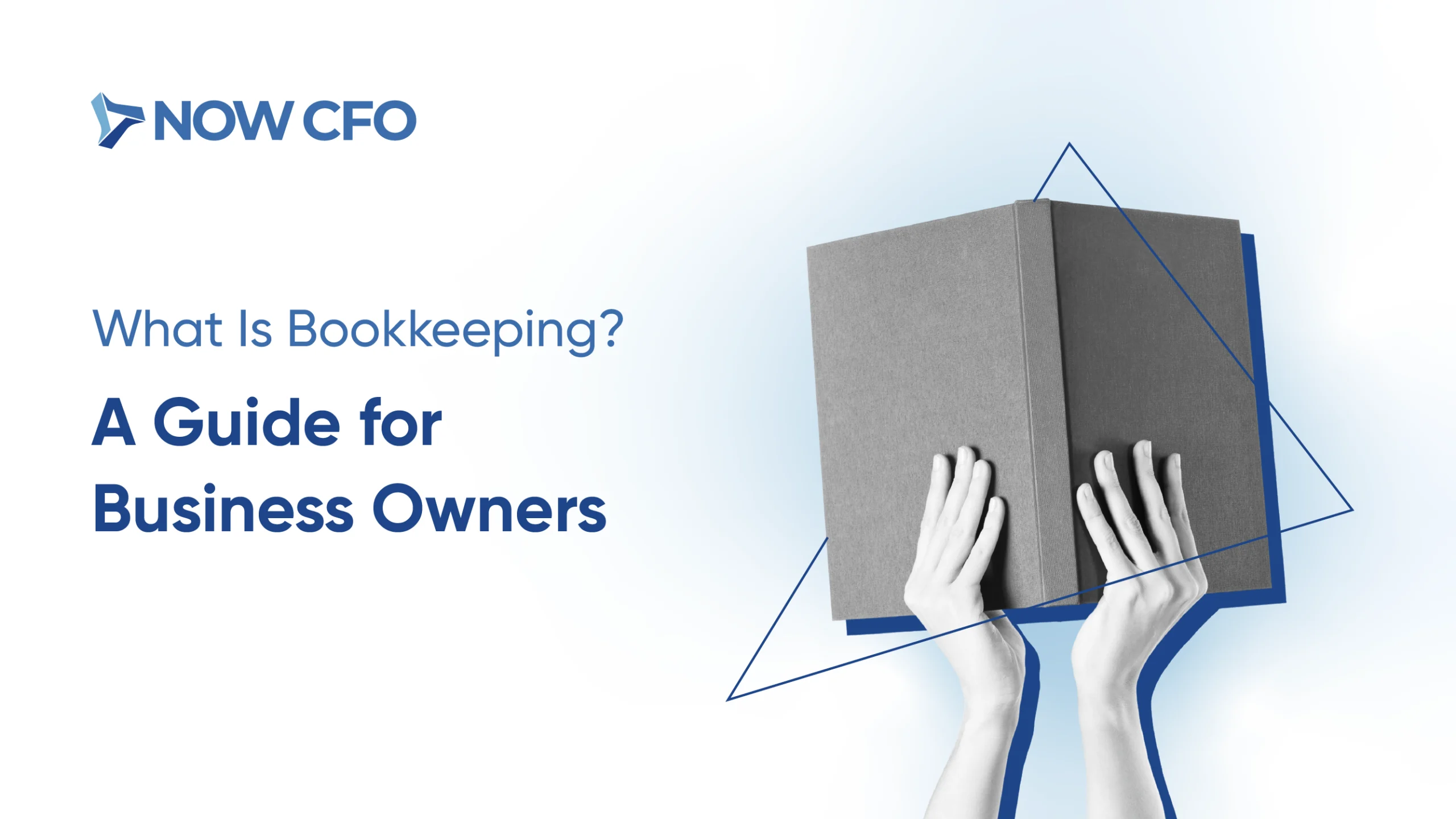
How To Build a Finance Team with an Outsourced CFO?
The finance team’s role has evolved far beyond just crunching numbers. To truly drive growth and stay ahead of the competition, your business needs a finance team that can offer strategic insights and forward-thinking solutions.
This is where an outsourced CFO team comes in. An outsourced CFO can transform your finance department into a powerhouse of innovation and efficiency by providing expert guidance on everything from financial forecasting to mergers and acquisitions.
Transitioning from Traditional to Strategic Finance Teams
The role of finance teams is evolving rapidly in today’s business environment. According to Statista, the US’s corporate finance market will surpass a revenue of 130 billion in 2024.
Traditionally, finance teams were seen as the number-crunchers, focused primarily on recording transactions, managing budgets, and ensuring compliance.
The Limitations of Traditional Finance Roles
In many organizations, traditional finance teams are bogged down by routine tasks such as bookkeeping, tax compliance, and basic financial reporting. While these functions are essential, they often consume significant time and resources, leaving little room for strategic thinking.
- Reactive vs. Proactive: Traditional finance teams often operate in a reactive mode, focusing on historical data. This can limit their ability to forecast future trends, leaving the business unprepared for market shifts or economic changes.
- Limited Insight: By concentrating on routine tasks, traditional finance teams might miss out on providing more profound insights that could drive strategic decisions. They often lack the time and resources for high-level financial analysis or scenario planning.
- Manual Processes: Many traditional finance roles rely heavily on manual processes, which are time-consuming and prone to errors. This inefficiency slows operations and increases the risk of inaccuracies in financial reporting.
The Strategic Value of an Outsourced CFO Team
Transitioning to an outsourced CFO team can help overcome these limitations by shifting the focus from mere number-crunching to strategic leadership. Here’s how an outsourced CFO team can revolutionize your finance department:
- Proactive Financial Planning: An outsourced CFO brings a forward-looking perspective to financial management. They help your business anticipate market changes, identify growth opportunities, and develop risk mitigation strategies.
- Data-driven decision-making: With access to advanced financial tools and analytics, an outsourced CFO team provides deeper insights into your business’s economic health. They go beyond the surface-level numbers to analyze trends, forecast future performance, and recommend actionable strategies.
- Streamlined Operations: An outsourced CFO team can streamline your financial processes by leveraging technology and automation. This reduces the time spent on routine tasks, allowing your finance team to focus on more strategic initiatives.
Key Components of a High-Performing Outsourced CFO Team
Building a high-performing finance team around an outsourced CFO involves more than hiring a financial expert to manage your books. It’s about creating a well-rounded team that can leverage the strategic insights provided by the CFO to drive business growth and efficiency.
1. Financial Planning and Analysis (FP&A): The Backbone of Strategic Decisions
A vital FP&A function is critical for any finance team, but it becomes even more powerful when led by an outsourced CFO. The FP&A team is responsible for analyzing financial data, creating forecasts, and providing actionable insights that help the company plan for the future.
- Data-Driven Insights: The FP&A team turns raw financial data into meaningful insights, guiding decision-making across the organization. By working closely with an outsourced CFO, this team ensures that financial strategies align with overall business goals.
- Scenario Planning: FP&A teams often engage in scenario planning, helping the business anticipate potential challenges and opportunities. This forward-looking approach is critical in today’s volatile market and can significantly shorten decision-making time.
- Performance Monitoring: The FP&A team’s regular performance reviews allow the CFO to adjust strategies in real-time, ensuring the business remains agile and responsive to changes.
2. Risk Management and Compliance: Safeguarding the Business
Risk management and compliance are crucial elements of a high-performing finance team.
- Identifying Risks: An outsourced CFO brings a fresh perspective, often identifying risks that an internal team may have overlooked. These include financial, operational, and market risks.
- Ensuring Compliance: Keeping up with regulatory requirements is a complex task. The outsourced CFO team ensures the company complies with all financial regulations, reducing the risk of costly fines or legal issues.
- Developing Mitigation Strategies: Once risks are identified, the CFO team develops and implements strategies to mitigate them, protecting the business from potential financial losses.
3. Technology Integration: Driving Efficiency and Innovation
In today’s digital age, integrating the right technology into your financial operations is crucial for efficiency and growth.
- Leveraging Financial Technology: The CFO team brings expertise in the latest financial technologies, such as advanced analytics, AI-driven tools, and cloud-based accounting software. These tools streamline processes, reduce errors, and provide deeper insights into financial performance.
- Automating Routine Tasks: The finance team can focus on more strategic activities by automating repetitive tasks. Automation increases efficiency and frees up time for the team to concentrate on value-added activities.
- Ensuring Data Security: With increased cyber threats, securing financial data is more critical than ever. An outsourced CFO team can implement robust cybersecurity measures to protect sensitive financial information.
Leveraging the Outsourced CFO for Strategic Growth
An outsourced CFO team is not just about managing day-to-day financial tasks; they are instrumental in driving your company’s strategic growth.
1. Scenario Planning and Forecasting: Preparing for Every Outcome
One of the critical roles of an outsourced CFO is to ensure your business is prepared for any financial situation. Through detailed scenario planning and forecasting, the CFO team helps you anticipate potential challenges and opportunities:
- Strategic Forecasting: The CFO team works with your finance department to create detailed financial forecasts considering market conditions, potential risks, and growth opportunities.
- Stress Testing: The outsourced CFO team helps you understand the impact of various business decisions by running different financial scenarios, such as best-case, worst-case, and most likely outcomes.
2. Mergers, Acquisitions, and Expansion: Expert Guidance for Major Moves
Whether you’re considering a merger and acquisition, or significant expansion, an outsourced CFO team provides the expertise needed to navigate these complex transactions:
- Valuation and Due Diligence: The CFO team thoroughly evaluates potential acquisition targets and meticulously performs due diligence. This process protects your company from overpaying or inheriting unforeseen liabilities.
- Strategic Integration: Post-merger integration is crucial to realizing the benefits of an acquisition. The outsourced CFO team helps develop and execute integration plans that align with your business strategy, ensuring a smooth transition and maximizing synergies.
- Expansion Planning: The CFO team provides the financial analysis and strategic advice needed to ensure success when planning for expansion, whether into new markets or product lines. They help you understand the economic implications, potential risks, and expected returns, allowing you to make decisions confidently.
3. Driving Financial Innovation and Process Improvements
An outsourced CFO team brings a wealth of experience and a fresh perspective to your finance operations, driving innovation and improving processes across the board:
- Process Optimization: The CFO team assesses your current financial processes and identifies areas for improvement. Streamlining workflows, automating routine tasks, and introducing best practices enhance efficiency and accuracy.
- Innovation in Financial Management: The team introduces new financial management techniques, such as advanced budgeting methods, performance management systems, and cost optimization strategies. These innovations help your business stay ahead of the curve and maintain a competitive edge.
- Adapting to Market Changes: Flexibility is key in a rapidly changing business environment. The outsourced CFO team ensures that your financial strategy remains adaptable, allowing you to respond quickly to market shifts, new opportunities, or unexpected challenges.
Don’t let your finance department get bogged down in the day-to-day; instead, empower it to lead your business to new heights. Ready to make the shift? Contact us today to learn how an outsourced CFO can revolutionize your finance team and accelerate your business growth.
Gain Financial Visibility Into Your Business
We provide outsourced CFO, fractional CFO, and temporary CFO, Controller, and operational Accounting services that suit the needs of your business.
- Hourly Rates
- No Hidden Fees
- No Long Term Requirements
NOW CFO provides the highest level of expertise in finance and operational accounting to accelerate results and achieve strategic objectives for sustainable growth and success.
After completing the form, a NOW CFO Account Executive will reach out and learn more about your needs so that we can pair you with the right Partner
Learn More: The Benefits of Outsourcing Your CFO Services














